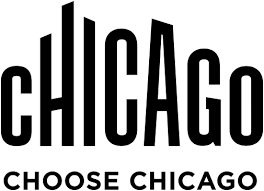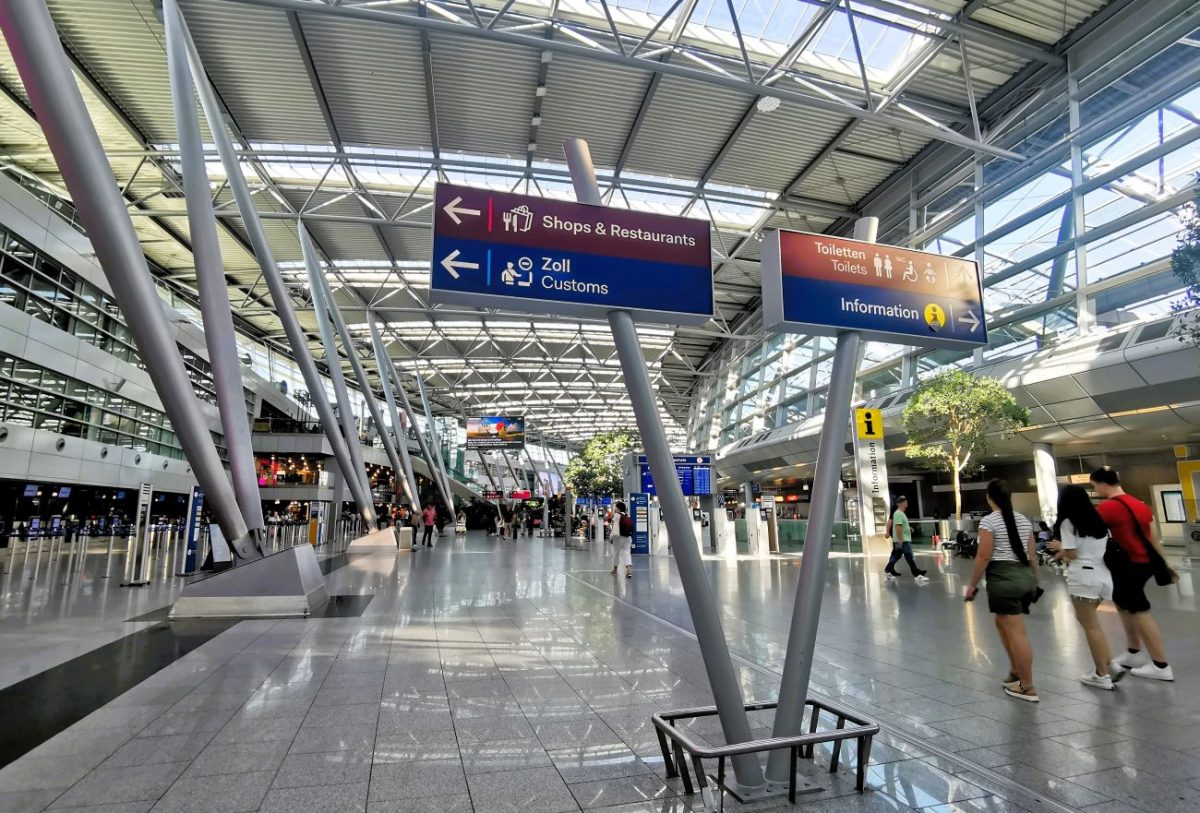Suppliers regaining control of travel content online
Travel suppliers are taking increased control on their own content online at the potential expense of web-based intermediaries, ABTA Travel Convention delegates were told.
PricewaterhouseCoopers travel group partner Malcolm Preston estimated that half of all travel spend will be online next year due to the convenience and price of internet-based travel offers.
He revealed that airlines and hotel companies such as British Airways and InterContinental are offering the cheapest prices on the internet direct to consumers – unlike five years ago when online agents had the edge on price.
Preston quoted BA.com as beating Thomascook.co.uk, lastminute.com and Opodo on price, with only Expedia matching rates on the carrier’s website.
Likewise, in almost all cases Intercontinental.com offered the lowest rates for its own hotels, undercutting Opodo, ebookers and lastminute.com.
For BA, this has meant its selling costs per passenger has almost halved in five years from 11.8% in 2002 to 6% this year and an estimated 4.7% in 2008.
“As we predicted a year ago, online travel agencies have seen the balance of power shift away from them in the last 12 months,” said Preston. “Consumers and suppliers are fighting back. The surge in high speed broadband penetration, coupled with suppliers’ ability to take control of their own inventories, has blunted the competitive edge that online travel agencies once enjoyed.
He outlined the huge growth of the internet in travel sales, saying that increased broadband penetration into UK internet-connected homes – expected to rise from 50% to 80% in 2011 – was making it easier for consumers to switch between supplier sites to source the best deals.
“Because consumers can now open multiple sites at the same time, they are able to quickly and conveniently organise their own travel schedules – checking price and availability themselves, instead of having to rely on online intermediaries to perform this function for them,” he said.
“There is growing evidence that those suppliers that have sufficient scale will continue to see more and more bookings going directly to their own sites, using aggregators purely for their own yield management strategies,” he said.
Preston revealed because repeat business is low in the online travel community, the cost of customer acquisition is high.
Sales and marketing costs at Priceline have risen in 10 of the last 13 quarters, he said. Meanwhile at Expedia these now account for 35% of net income – “far in excess of industry norms”.
“The question is, is that sustainable,” said Preston, suggesting that loyalty schemes would become more popular as companies seek to retain customers.
He predicted that all online players will need to stay focussed on dynamic packaging, saying: “It looks as though the future of the online travel market will be shaped by ‘content’. It remains to be seen which camp will deploy content to the best effect – but the fact that they will seek out new ways of doing so cannot be in doubt.”
But Lowcost group’s Paul Evans disputed Preston’s analysis, saying: “The intermediary has a role to play. We have a range of prices BA can’t match. We offer choice, so there is a role for the intermediary.”
by Phil Davies
Phil Davies
Have your say Cancel reply
Subscribe/Login to Travel Mole Newsletter
Travel Mole Newsletter is a subscriber only travel trade news publication. If you are receiving this message, simply enter your email address to sign in or register if you are not. In order to display the B2B travel content that meets your business needs, we need to know who are and what are your business needs. ITR is free to our subscribers.








































Airlines suspend Madagascar services following unrest and army revolt
TAP Air Portugal to operate 29 flights due to strike on December 11
Qatar Airways offers flexible payment options for European travellers
Airbnb eyes a loyalty program but details remain under wraps
Air Mauritius reduces frequencies to Europe and Asia for the holiday season